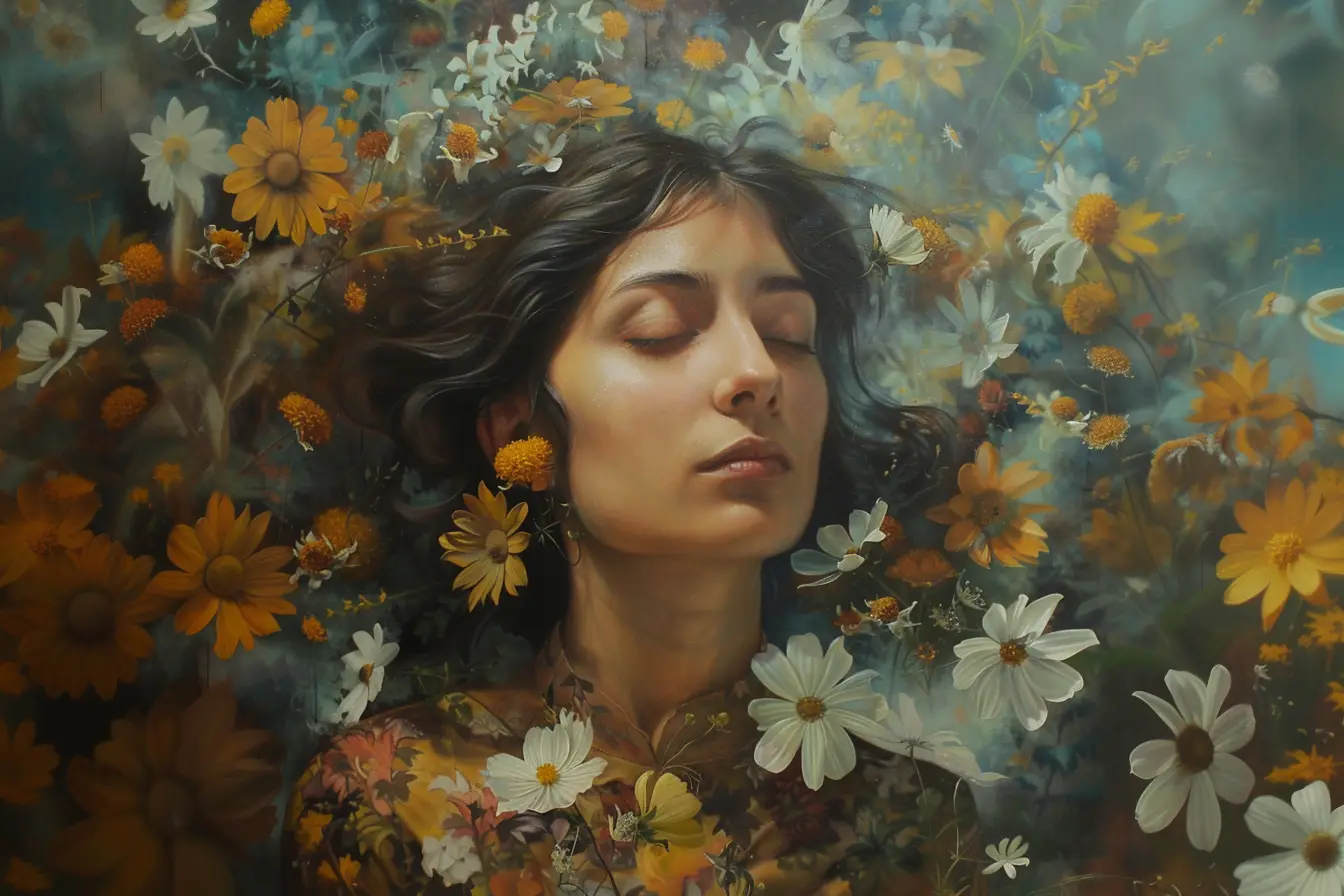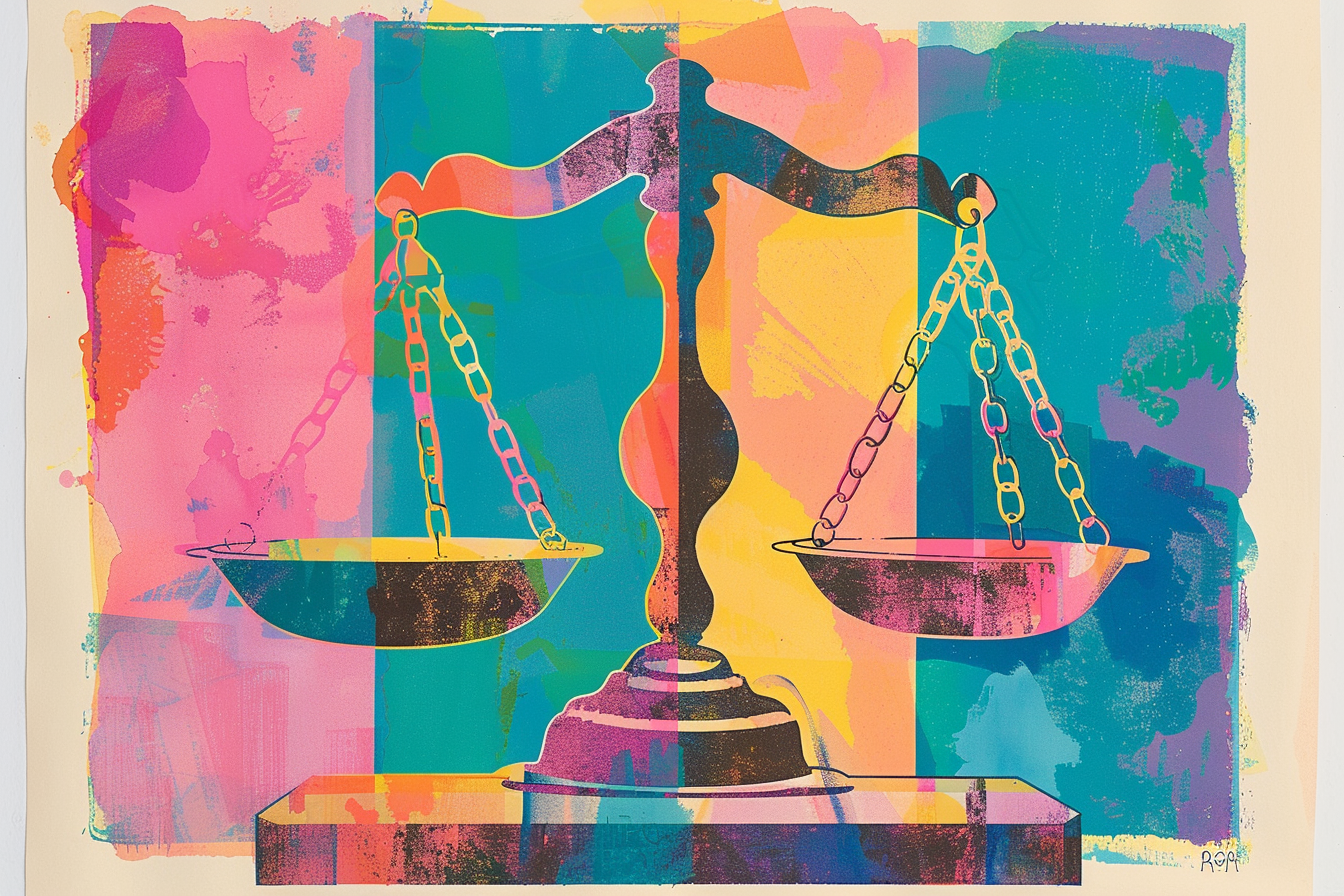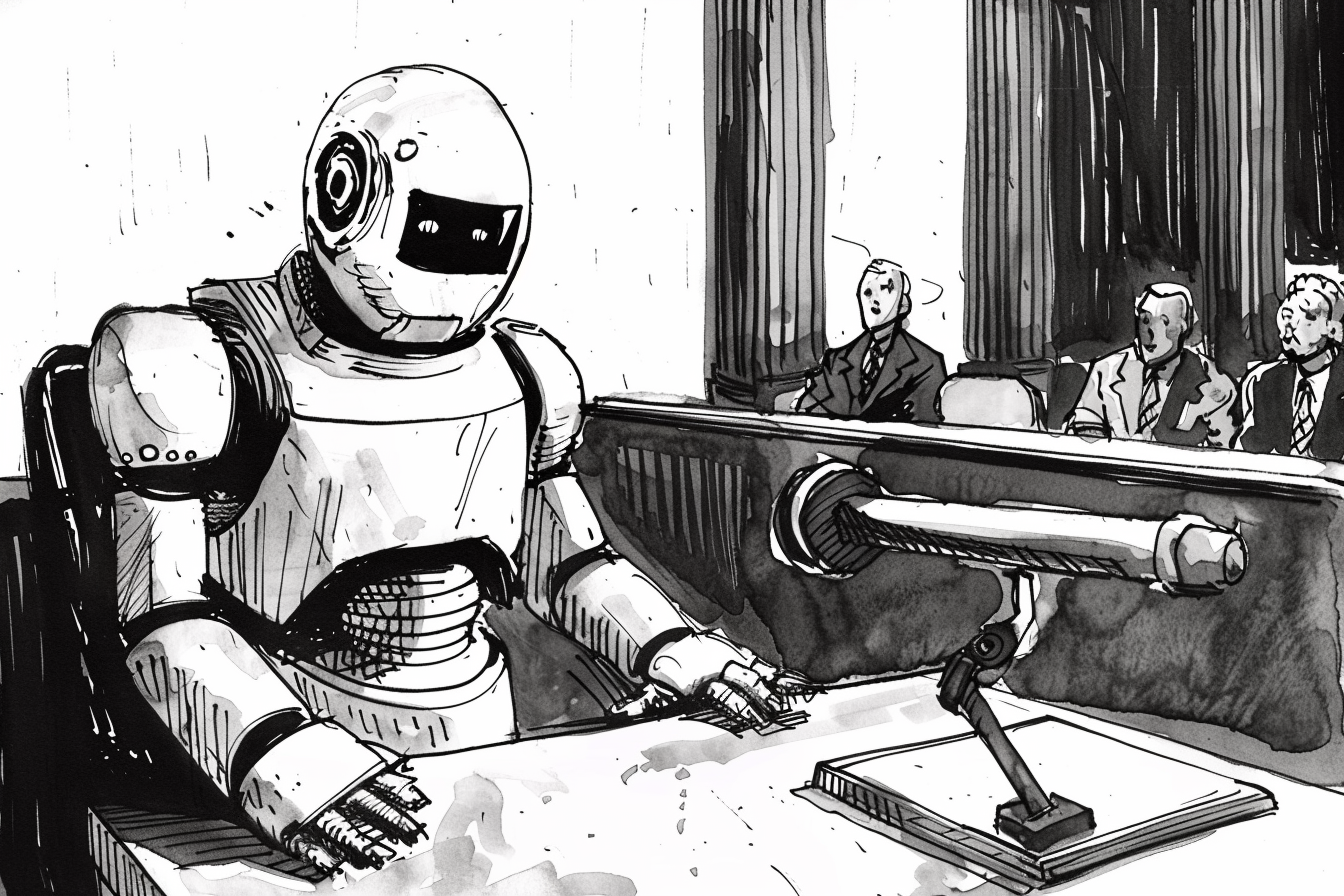“Generative Artificial Intelligence, Human Creativity, and Art,” an article written by Eric Zhou and Dokyun Lee, explores the integration of Generative Artificial Intelligence (GAI) in the human creative workflow.
The study explores the impact of adopting generative AI on human creativity. It aims to answer questions such as whether the use of generative AI enhances humans’ ability to create more creative content, and under what circumstances and for whom does the adoption of generative AI result in more valuable.
The writing suggests that as AI becomes more prevalent in the creative process, human skills should be focused on generating ideas and applying refined artistic judgment. This shift, which the authors call “Generative synesthesia,” highlights the collaboration between human creativity and AI assistance, opening up new avenues for creative exploration.
“At the individual level, artists who harness generative AI while successfully exploring more innovative ideas, irrespective of their prior originality, may earn more favorable evaluations from their peers.”
The study suggests that individuals who were already proficient in generating innovative ideas before using GAI tend to create more positively perceived content, because they can effectively communicate and explore their vision. This highlights the significance of art literacy and the need to develop prior ability to create excellent artwork.
Essentially, this article argues that instead of viewing AI as a threat to human creativity, society should consider it as an opportunity for collaborative enrichment and innovation.



